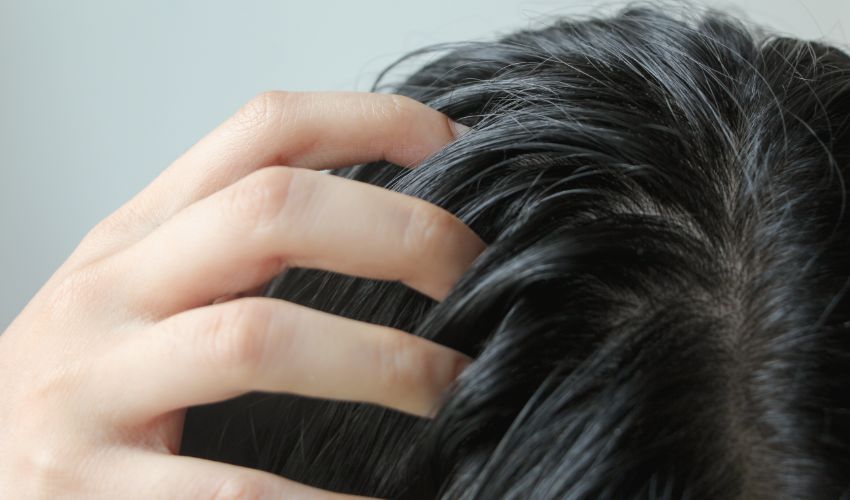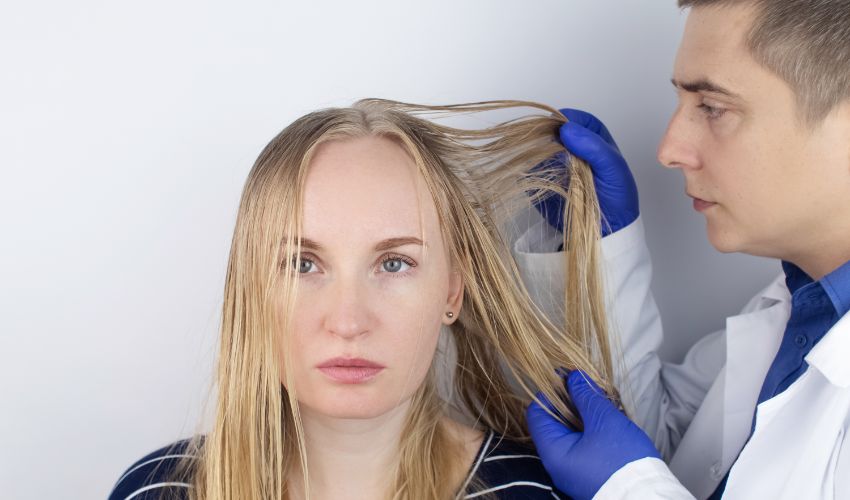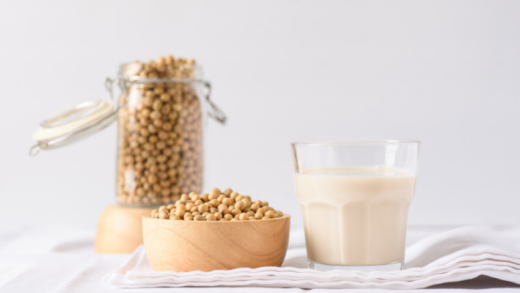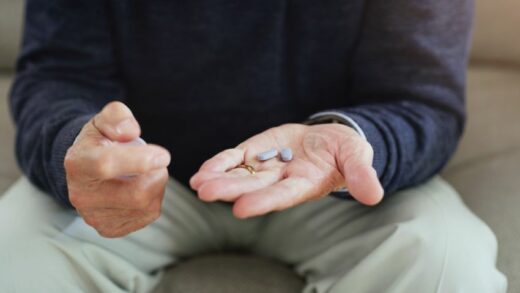Healthy hair is an important aspect of our appearance and personality. However, maintaining healthy hair can be a daunting task, especially when dealing with issues like oiliness. Excessive oiliness can make your hair look greasy, limp, and dirty, and can also lead to dandruff and other scalp-related problems. In this article, we will discuss the oiliness of hair, its causes and effects, and some effective tips to manage it.
What is the Oiliness of Hair?
Oiliness of hair refers to the excessive production of sebum or natural oils by the scalp. While sebum is essential for healthy hair and scalp, excess sebum can cause various hair problems. The oiliness of hair can be caused by various factors such as genetics, hormonal imbalances, poor diet, excessive use of hair products, and environmental factors.

Effects of Oiliness on Hair:
Excess oiliness can cause various effects on hair such as:
- Greasy and limp hair
- Dandruff and other scalp-related problems
- Hair loss and thinning
- Itchy and irritated scalp
- Difficulty in styling hair
Tips to Manage Oiliness of Hair:
- Wash your hair regularly: Regular washing of hair can help to remove excess oil and dirt from the scalp. Use a mild shampoo and avoid over-washing, as it can lead to the stripping of natural oils from the scalp.
- Avoid hot water: Hot water can stimulate the sebaceous glands, leading to more oil production. Use lukewarm water instead.
- Use a clarifying shampoo: A clarifying shampoo can help to remove excess oil and build-up from the scalp. However, do not use it too frequently as it can lead to dryness and damage to hair.
- Use hair products carefully: Avoid using hair products that contain harsh chemicals, silicones, and oils. Look for products that are specifically designed for oily hair.
- Eat a balanced diet: A balanced diet that is rich in vitamins, minerals, and essential fatty acids can help to regulate sebum production.
FAQs:
Can oiliness of hair be genetic?
Yes, genetics can play a role in the oiliness of hair.

Can oiliness of hair be prevented?
While oiliness of hair cannot be prevented completely, it can be managed effectively through proper hair care and a healthy lifestyle.
Can oiliness of hair cause hair loss?
Excessive oiliness can clog the hair follicles, leading to hair loss and thinning.
Is it okay to use dry shampoo on oily hair?
Yes, dry shampoo can help to absorb excess oil and add volume to hair. However, it should not be used as a replacement for regular washing of hair.
Can a diet high in fats and oils cause oiliness of hair?
Yes, a diet that is high in fats and oils can stimulate the production of sebum, leading to excess oiliness of hair.
Conclusion:
The oiliness of hair can be a frustrating problem to deal with, but it can be effectively managed with proper hair care and a healthy lifestyle. By following the tips and tricks mentioned in this article, you can keep your hair healthy, shiny, and oil-free. Remember, a little bit of oil is necessary for healthy hair, but excess oil can lead to various hair problems. So, take care of your hair and enjoy luscious locks that look and feel great! By understanding the causes and effects of oiliness of hair, you can take the necessary steps to prevent and manage it effectively. With a little bit of effort and dedication, you can achieve healthy and beautiful hair that will make you feel confident and proud.
In conclusion, the oiliness of hair is a common problem that can be caused by various factors. However, with the right approach and proper care, you can manage it effectively and maintain healthy and beautiful hair. So, don’t let oiliness of hair hold you back from looking and feeling your best, try out these tips and tricks and say goodbye to oily and greasy hair for good!






















